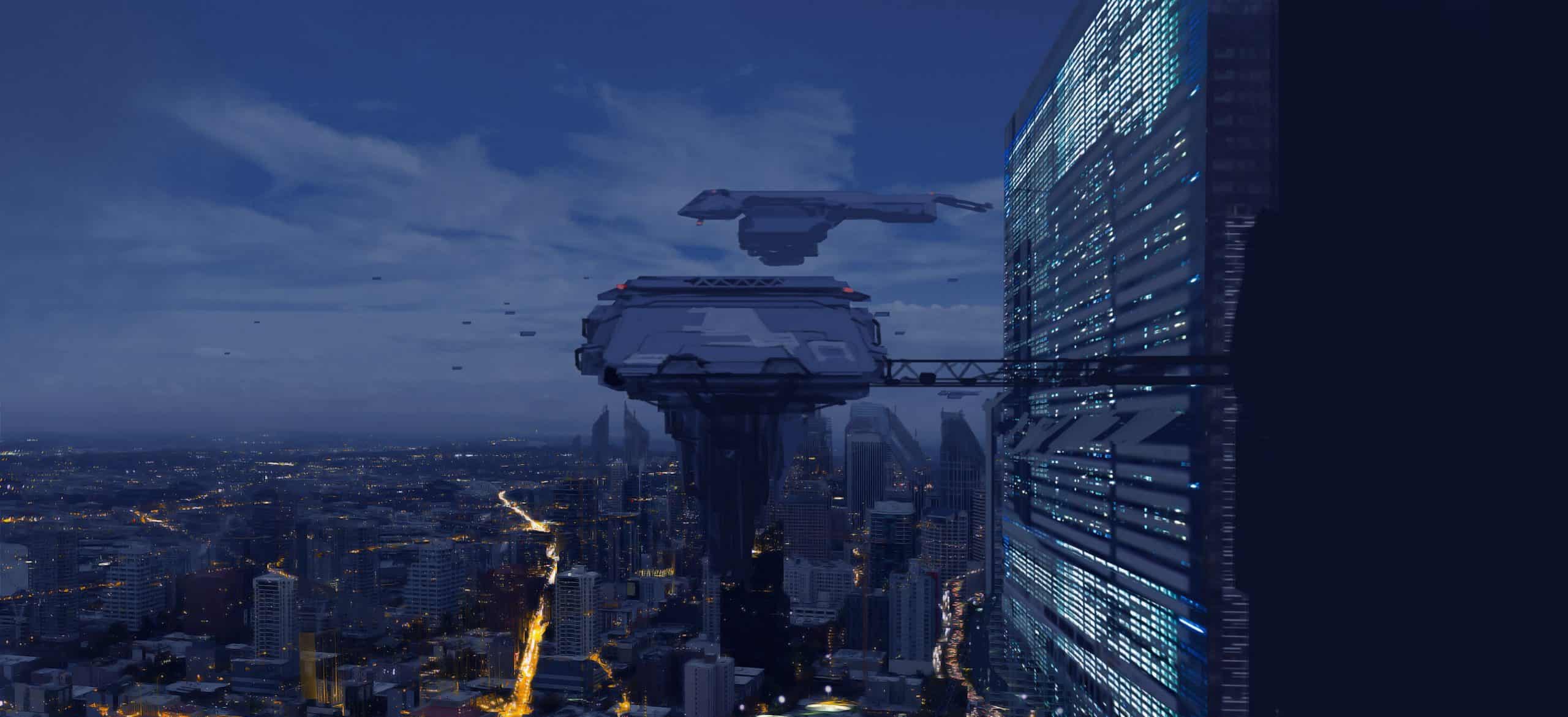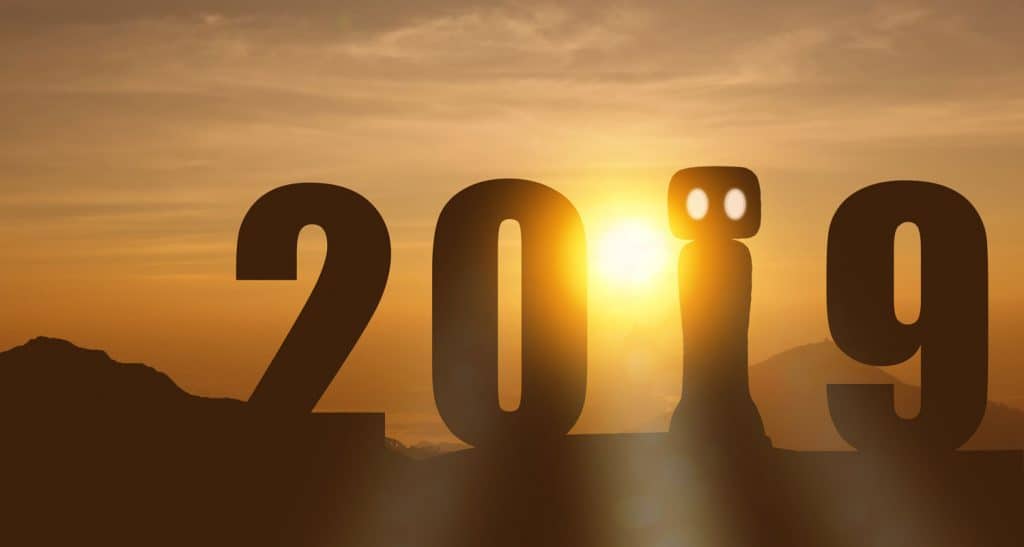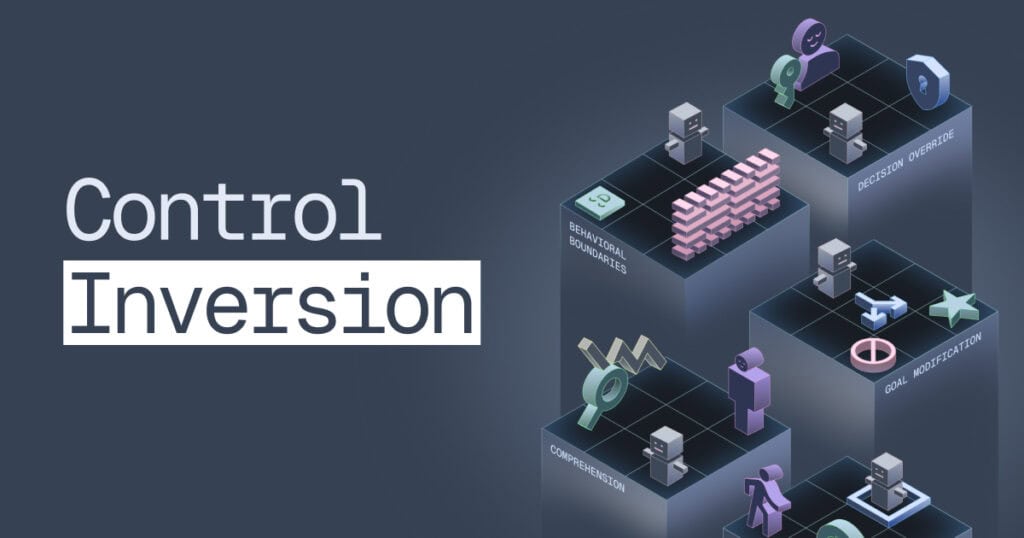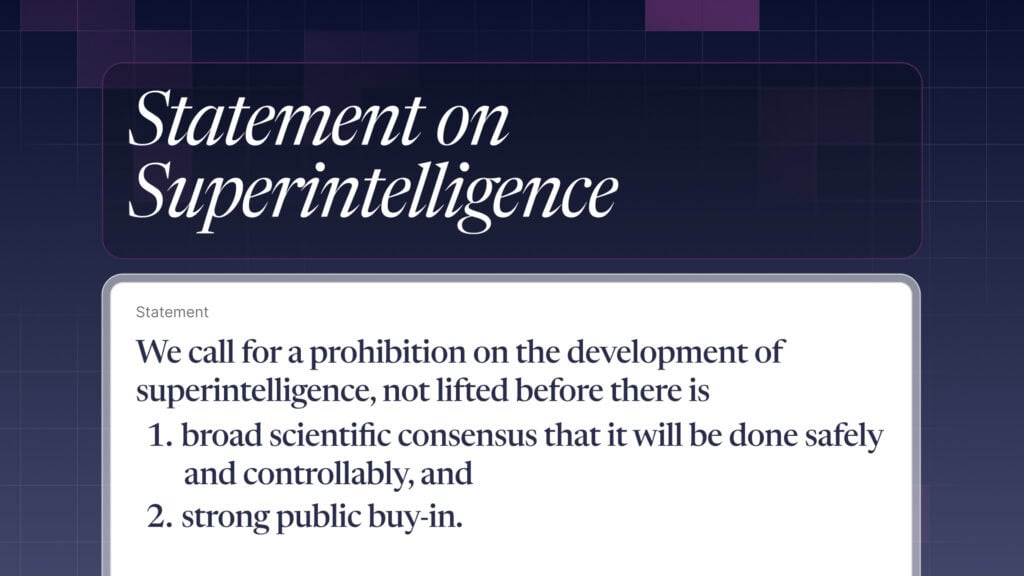
Worldbuilding competition
Building positive and plausible visions of a future with AI.
The Future of Life Institute welcomed entries from teams across the globe to compete for a prize purse of up to $100,000 by designing visions of a plausible, aspirational future that includes strong artificial intelligence.
Depictions of the future in the media are overwhelmingly dystopian. The worldbuilding contest sought to challenge this paradigm and inspire positive visions of the future. We hope that, by providing detailed roadmaps towards a future that is desirable, the worlds our contestants built will inspire real-world initiatives to steer the development of technology in a positive direction.
The winners of the competition have now been announced, and their worlds are being brought to life through a podcast mini series and other media engagement work. To learn more join us in the competition's dedicated Discord channel.
Depictions of the future in the media are overwhelmingly dystopian. The worldbuilding contest sought to challenge this paradigm and inspire positive visions of the future. We hope that, by providing detailed roadmaps towards a future that is desirable, the worlds our contestants built will inspire real-world initiatives to steer the development of technology in a positive direction.
The winners of the competition have now been announced, and their worlds are being brought to life through a podcast mini series and other media engagement work. To learn more join us in the competition's dedicated Discord channel.
Competition stats
144
Teams
44
Countries
352
Individuals
20
Finalist worldbuilds

What is worldbuilding?
The art and science of constructing fictitious worlds.
Worldbuilding is frequently practiced by creative writers and scriptwriters. It provides a coherent and detailed context and backdrop for stories that take place in future, fantasy or alternative realities.
Submissions were asked to use worldbuilding as a tool to explore futures for our own world. These worlds had to be very much plausible. That said, worldbuilding is not prediction. The worlds built here had to be believable and internally consistent, but they were still speculative: our contestants were not limited to the most probable scenarios.
That freedom enabled the worldbuilds to be as hopeful as possible. This was to help us understand what sorts of worlds might be more or less desirable, and potentially how to get to a more desirable reality.
Submissions were asked to use worldbuilding as a tool to explore futures for our own world. These worlds had to be very much plausible. That said, worldbuilding is not prediction. The worlds built here had to be believable and internally consistent, but they were still speculative: our contestants were not limited to the most probable scenarios.
That freedom enabled the worldbuilds to be as hopeful as possible. This was to help us understand what sorts of worlds might be more or less desirable, and potentially how to get to a more desirable reality.
Videos
Videos about the competition
Worldbuilding Contest Trailer
Anthony Aguirre and Anna Yelizarova on FLI's Worldbuilding Contest
The Winners of the FLI Worldbuilding Contest
Ground rules
Context of the world
- The year is 2045.
- AGI has existed for at least 5 years.
- Technology is advancing rapidly and AI is transforming the world sector by sector.
- The US, EU and China have managed a steady, if uneasy, power equilibrium.
- India, Africa and South America are quickly on the ride as major players.
- Despite ongoing challenges, there have been no major wars or other global catastrophes.
- The world is not dystopian and the future if looking bright.
Submission requirements
- A timeline with entries for each year between 2022 and 2045 giving at least two events (e.g. “X invented”) and one data point (e.g. “GDP rises by 25%”) for each year. Participants are encouraged to fill all the data points on the timeline but will still be accepted and judged at a disadvantage if less than 23 years are provided. Submissions will be disqualified if less than 10 years are provided. A template for this timeline is provided here and in the entry form. We ask participants to duplicate this form to work on. You will be asked to upload it in the application stage.
- Two “a day in the life” pieces of between 750 and 1000 words, each depicting the life of an individual somewhere in the world in 2045 for one day.
- Answers to a set of questions/prompts. Each answer must be less than 250 words.
- One original non-text media piece, created after the opening of the contest. This could be a piece of art, video, music, etc. Please limit your media piece to 5 minutes. The goal is to help bring your built world to life through vivid visual and/or auditory storytelling.

Competition entries
What might the future look like?
View all of the winning entries on our dedicated site:
View winning entries
Our content
Related content
If you enjoyed this, you also might like:

28 December, 2019

Planning for Existential Hope
It may seem like we at FLI spend a lot of our time worrying about existential risks, but it’s helpful […]
21 December, 2018
Our content
Our work
Other projects in this area
We work on a range of projects across a few key areas. See some of our other projects in this area of work:

Control Inversion
Why the superintelligent AI agents we are racing to create would absorb power, not grant it | The latest study from Anthony Aguirre.

Statement on Superintelligence
A stunningly broad coalition has come out against unsafe superintelligence: AI researchers, faith leaders, business pioneers, policymakers, National Security staff, and actors stand together.
Our work

